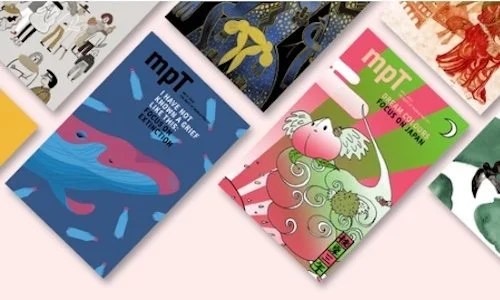
What a week. Once again in the space of only seven months it’s been a soup of heartbreak, rage and helplessness. There’s not much that a little poetry-reading group can do to participate in any kind of resistance against the force of evil — except to read poems. So let’s do just that.
The next six-week series of my popular Thursday lunchtime close-reading sessions begins this coming Thursday, 3 March. (Scroll down the link, or the homepage, for all the info.)
I am DELIGHTED to announce that we’ll begin this course with a tribute to contemporary Ukrainian poetry, in partnership with Modern Poetry in Translation magazine.
MPT are making their 2017 Ukrainian issue (the final issue edited by Sasha Dugdale) available online for my reading group members to read for free. And if you like what you see, we’ve got a special 20% discount off subscribing to the magazine.
I think if the events of this week have had one effect on my poetry brain — not that it needed one, the effects on my brain have been significant — it’s that this is why we need Modern Poetry in Translation. While the governments do their thing, the rest of us need to be hyper-aware of our shared humanity (I’ve been surprised by the number of social media posts saying things like, ‘It strikes me that Ukrainians are just like us’; well, yes) and the possibilities of poetry to build bridges.
When I searched for Ukrainian poetry in English to share with the group, the search results were slim pickings. Over and over, Modern Poetry in Translation was the main site that came up — a testament to the importance of their work. Ted Hughes, who with Daniel Weissbort founded the magazine, wrote in 1985:
‘If the Modern Age burst from its crib in the 1914-18 war, it came to consciousness of itself in the sixties. It was forced into consciousness. One can easily understand the suddenness of the need to communicate, to exchange dreams and revelations and brainwaves, to find a shared humanity on the level of the heart. The flux of poetry translation followed inevitably. And not only on the level of the heart. The translation of poetry became important, almost political business.’
Modern Poetry in Translation began publishing in 1965, with two aims: ‘to get poetry out from behind the Iron Curtain into a wider circulation in English and to benefit writers and the reading public in Britain and America by confronting them with good work from abroad’. This work continues. Recent issues have included special features on poetry from Mexico, Germany, Japan, the Czech Republic, Hungary, the Caribbean — and on a number of special subjects including extinction, LGBTQ poetry, dead (women) poets, and more.
So, the new close reading series begins this Thursday from 1-1.45pm. We meet for six sessions, each one discussing one poem which I send to group members the night before; we read a very wide range of poetry. The aim is to delight, inspire, and expand. This is a rolling course: six weeks on, a week or two off, six more weeks on. Join now, and your Thursday lunch hours need never be the same old thing again.
